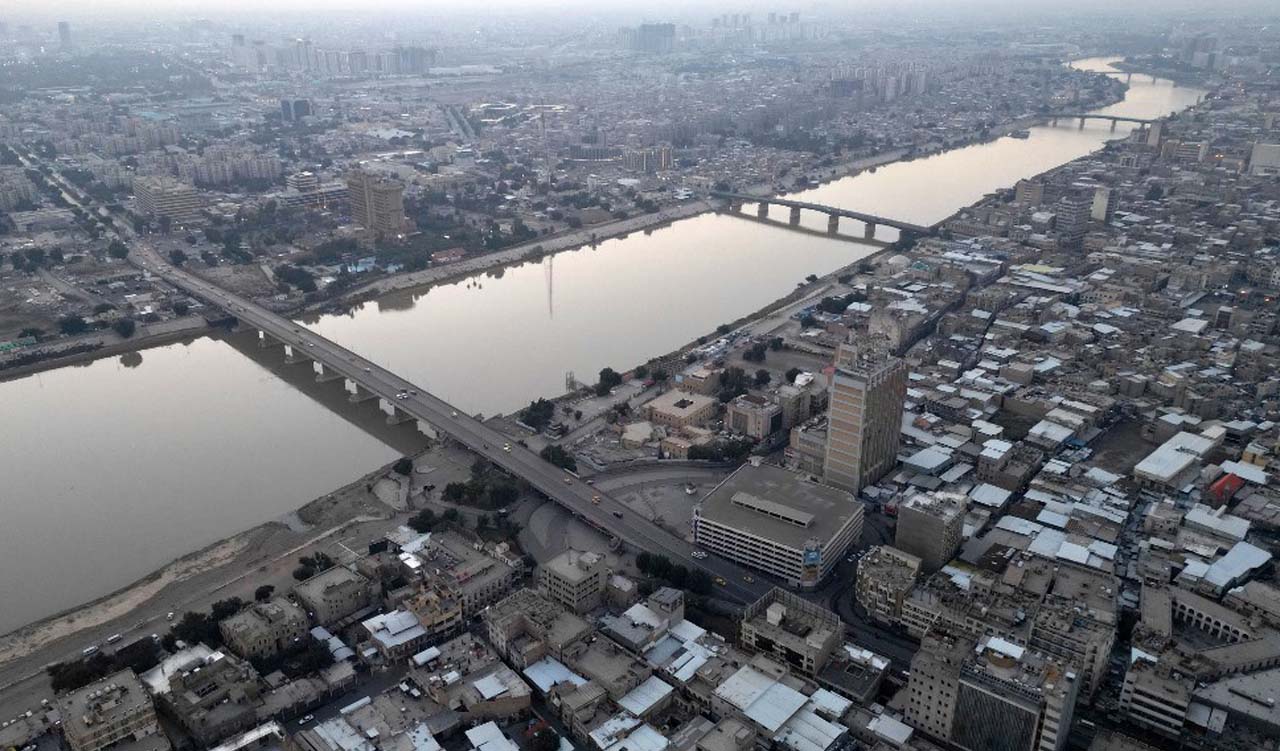Iraqi citizens face class divide in access to housing as political elite secure prime land
The dream of owning a residential plot fades for many Iraqis, especially for those with government jobs. If they do succeed, the plots are often in remote, underdeveloped areas.

ERBIL (Kurdistan24) – The growing class divide among Iraqi citizens, especially post-2003, has its roots in the actions of the political elite, as citizens express frustration over their inability to secure residential plots.
While politicians obtain land in prime, expensive areas, ordinary citizens are left without even the most basic housing rights.
Year after year, the dream of owning a residential plot fades for the average Iraqi. For those lucky enough to have government jobs, the chances of acquiring land are slim and, even if they do succeed, the plots are often located in remote, underdeveloped areas.
Meanwhile, members of the political class receive large and valuable properties, with some residential plots valued as high as $10,000 per square meter.
A Baghdad resident voiced his discontent to Kurdistan24: "A citizen has the right to a plot of land, even a civilian without a job. But the reality now is the opposite. Only the powerful and politicians live on these prime plots, not just in homes but in vast palaces with large estates."
A government employee echoed these concerns, explaining how ordinary workers are left behind. "They give residential plots to influential people and officials in upscale areas, but a simple employee who has served the state for many years cannot get a plot of land. If he does, it will be in the outskirts, in remote areas unsuitable for living."
This disparity has created a deep class divide in Iraqi society, one that has not been seen since the founding of the Iraqi state. Political observer Ahmed al-Saray shared his views with Kurdistan24, emphasizing how this practice entrenches inequality. "By giving the poor and simple employees land in remote areas, the state is cementing a class system in society. The problem is that everyone agrees Iraq’s wealth should belong to all its citizens, including land, yet this division between the rulers and the ruled remains prevalent."
Since 2003, the dream of most Iraqis remains unattainable—a desire for decent housing or at least a plot of land with basic living services. Yet, while the political elite continue to secure prime properties in prestigious areas, the rest of the population is left yearning for a piece of land they may never receive.
Further reporting was done by Kurdistan24 reporter Seif Ali.